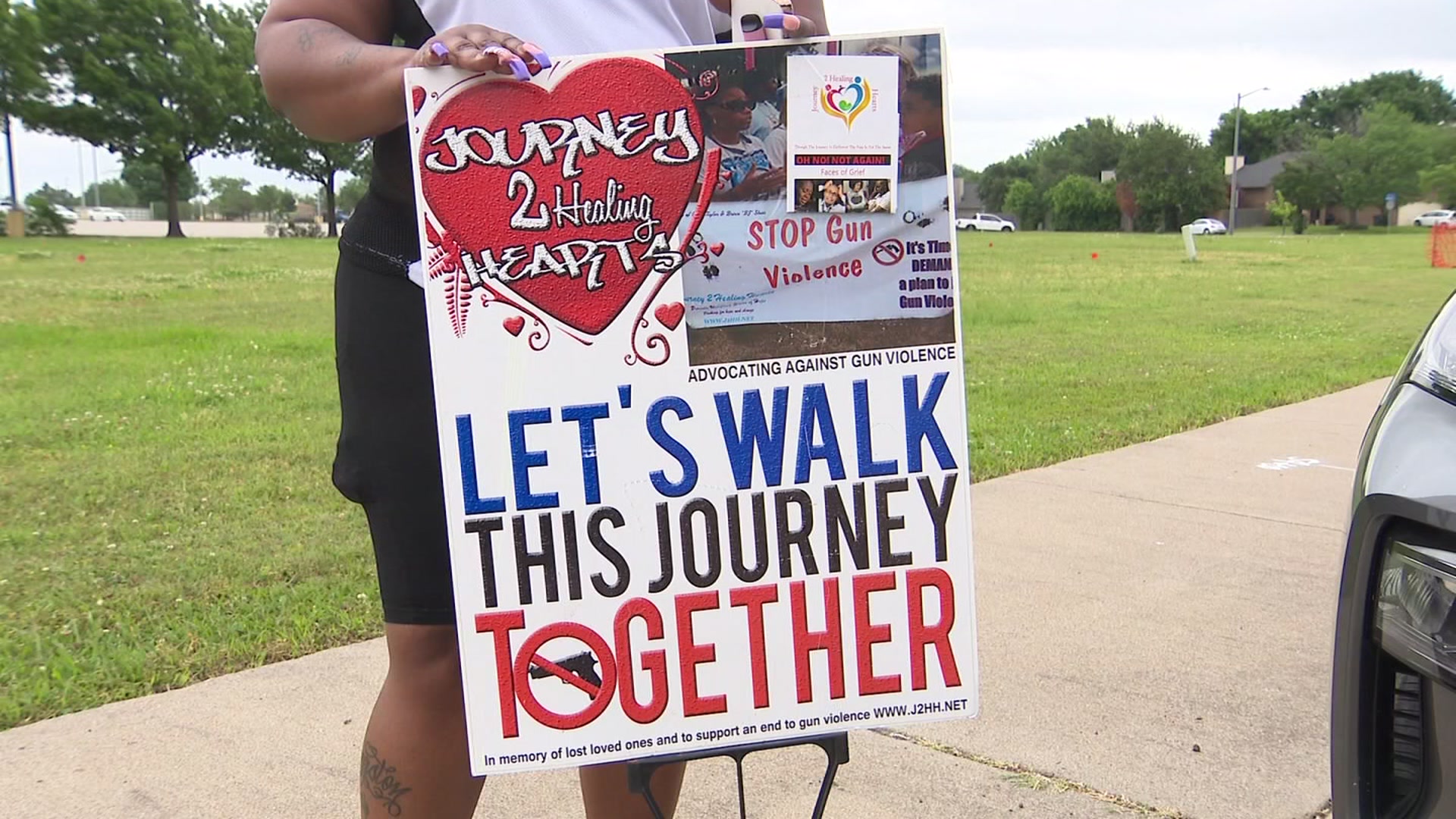As body-scanning machines are installed at more airport checkpoints across the country, passengers are discovering new hassles and holdups as they make their way to the airport gates.
Some travelers have found they can be held up in line or even subjected to more intensive searches because of clothing or things in their pockets that never were a problem with the more traditional airport metal detectors.
The TSA plans to roll out 1,000 additional body scanning devices at U.S. airports by the end of 2011. The machines function more like an X-ray machine and are designed to detect weapons or bombs concealed under clothing.
On a recent day at Dallas/Fort Worth International Airport, some passengers found they breezed right through the scanning machines, which have been installed at two of the airport's checkpoints.
"It was really fast. This was the fastest I've ever been through," traveler Sarah Rallo said.
But other travelers have found that something as small as a piece of paper, a dollar bill or a piece of plastic left in a pocket can create a holdup.
"I had credit cards in my pockets that they had a problem with, so you got to get everything out of your pockets now and put it in the tray," traveler Paul Sulak said.
Local
The latest news from around North Texas.
The TSA said travelers concerned about handing over their credit cards or wallets may hold the wallet or money in their hands as they stand in the scanning machine with their feet spread apart and their arms in the air.
On a recent trip, Pilar Schank found that two small necklaces she was wearing were enough to get her pulled aside for a second, pat-down search. She said similar necklaces had never been a problem when she passed through the old airport metal detectors.
"I would definitely keep your jewelry to a minimum," she said.
But she also said the short slowdown in the screening line was "a small price to pay for added security."
The TSA acknowledges that parts of the process will be different than before.
"While they might not be at every checkpoint now, it's certainly something passengers will have to be familiar with because (the machines) are moving out at such a fast pace," TSA spokeswoman Andrea McCauley said.
McCauley said the agency hopes that the scanning machines will ultimately reduce the the number of more invasive pat-down searches because they will allow screeners to focus more specifically on an area of the body where the machine sees an item, versus the full body pat-downs that were needed when a metal detector sounded an alert.



